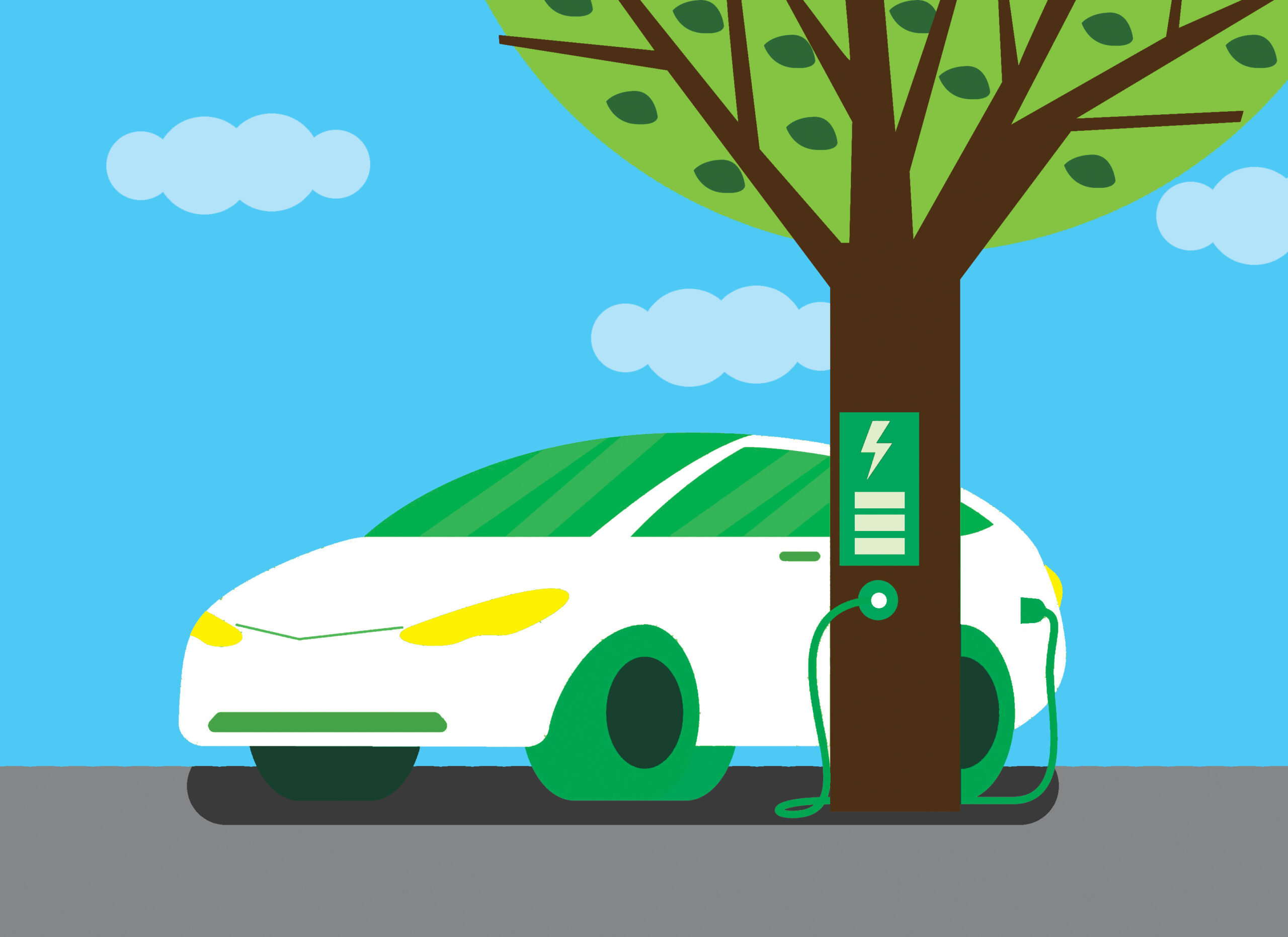Written by Kunal Sawhney, CEO, Kalkine Group
As the economy is bouncing back from the pandemic lows, the United Kingdom has moved ahead in the electric vehicles sphere after it surpassed France to become Europe’s second-largest electric vehicle market for the first time. The domestic market of electric and hybrid car sales has seen a drastic change in recent years on the back of increased demand, greater availability of vehicles, government support, and development of the charging point infrastructure in the UK. The sales had hit a record high in March as demand for electric vehicles surged despite the pandemic.
In a report, automotive analyst Matthias Schmidt highlighted that about 31,800 battery EVs were sold in the UK between January and March this year as compared to 30,500 in France. Germany tops the list as it sold 64,700 cars in the first quarter of 2021.
According to the Society of Motor Manufacturers and Traders (SMMT), sales of battery electric cars and plug-in hybrids in the UK was about 13.9% of the total market in 2020 as compared to 7.3% in 2019, as many customers are switching to cars with lower carbon emissions. Even the traditional car manufactures are facing stiff guidelines from respective governments and have been asked to bring down the average carbon dioxide emission in their products.
According to the data available with the UK car industry lobby group, more than 100 plug-in car models are available in the UK. Another 35 to 40 models will be available in FY2021, which is more than the proposed petrol or diesel new models in the same time period.
Explaining the situation, Schmidt said the UK would dominate the battery electric vehicle market in Europe as the UK government is offering generous incentives. But he said that some crucial hurdles, such as inadequate charging points and pricing of the vehicles, cannot be ignored. The manufacturers now have to increase their sales in the UK as the year is very crucial with the new emission limits post Brexit, he added.
EV charging points
Though UK consumers are opting for EVs, drivers say the charging points are not up to the mark and adequate in numbers. A poll of British drivers found that 76 per cent of drivers and consumers reported the charging infrastructure is inadequate as compared to other European countries.
But even then, experts opine that the situation is much better than before and will improve in the near future. Between the end of 2016 and 2020, the number of public charging points has gone up by 220 per cent.
According to a joint analysis by the SMMT and Frost and Sullivan, for a zero-emission fleet, the UK will require at least 1.7-1.8 million on-street charging points and another 1.1 million by 2035, which means 500 new points every day.
Pricing still a barrier
A comprehensive survey and many reports in this regard have found that electric vehicles are way too expensive, and therefore, consumers are not so keen to buy them. Though the UK government is offering subsidies, battery electric cars are still more expensive than the petrol or diesel counterparts.
The SMMT has asked the UK government to extend the subsidies offered to buyers. The subsidies were withdrawn in 2019, which prompted a furious reaction from the industry.
Talking about the hurdles, SMMT’s chief executive Mike Hawes explained that until the government introduces subsidies to make the vehicles affordable, the UK will be moving in the slow lane, overlooking the industry investment and commitments by carmakers.
Environment groups feel that the best way to inspire consumers to opt for electric vehicles is by bringing bans on internal combustion engines. The UK government has committed to ban carbon dioxide-emitting engines by 2040 but might bring in the changes by 2035 or sooner by 2032.
